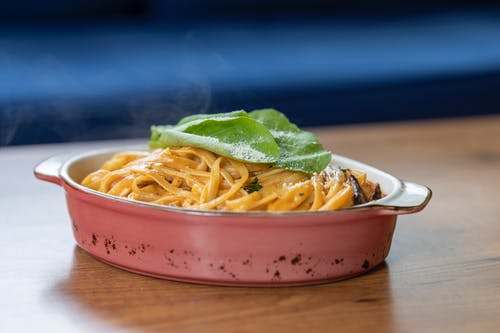The ketogenic diet proposes to sharply reduce the number of carbohydrates consumed. It focuses on considerably increased fat intake and slightly increased protein intake. These changes are performed with the goal of weight loss. Some people do exercise for weight loss.
However, doctors’ advice is that a healthy diet should consist of 55 to 75% carbohydrate, 10 to 15% protein and 15 to 30% fat. Although it does provide a rapid weight loss, the ketogenic diet favors a number of health problems. These include cancer, hypoglycemia, high cholesterol, fatigue, headaches, etc. Then clarify all two questions about this method:
Why does the ketogenic diet help you lose weight?
The ketogenic diet contributes to weight loss because it sharply reduces carbohydrate consumption. This is because carbohydrates are the main source of energy in the body since through them is obtained glucose. When this is done the body needs to draw energy from other sources.
The second option is the fat reserve that our body has. When this fat reserve is burned, the person gets slimmer. So far so good. However, the problem is that this fat-burning also leads to the release of substances called ketone bodies, which in excess cause nausea. If you want to motivate yourself for weight loss, here are some tips.
How Ketogenic Diet Works
The ketogenic diet usually consists of 10 to 15% carbohydrate, 50% fat and 30% protein. Simple carbohydrates, those easily absorbed, including white rice, white bread, pasta, and sugar, are prohibited. There is no restriction on the types of proteins and fats, so sausages and red meat are released.
Foods allowed in the ketogenic diet
The main foods that are part of the ketogenic diet menu are sources of fat and protein. Some examples are chicken breast, red meat, fish, eggs, pork, sausages (such as turkey breast and ham), curd. Also, they are oilseeds, olive oil, butter, lettuce, dark green vegetables such as broccoli and spinach, and cheese, as well as fruits.
Foods to Avoid on the Ketogenic Diet
The foods that should be avoided in the ketogenic diet are carbohydrates, especially those that are easily absorbed, such as white bread, white rice, sugar, and pasta.
Ketogenic diet and cancer
Many people believe that the ketogenic diet can be an ally of cancer treatment. This is mainly due to the fact that while normal cells can get into ketosis. Using fatty acids in place of glucose as a source of energy when there is no carbohydrate consumption – cancer cells are unable to do the same.
However, as much as the body is not ingesting glucose via food, there is still glucose production by the cells and apparently cancer cells can live and reproduce under these conditions.
Advantages of Ketogenic Diet
Fast weight loss: The only advantage of the ketogenic diet is that it provides rapid weight loss. This is because by drastically reducing carbohydrate consumption the body is without its main source of energy. Then the body will use glycogen, a small reserve of energy that is in the muscle and liver. And this leads to a rapid weight loss of around 4 pounds. While some people use pills, it is best to use the ketogenic diet instead.
After this phase, the body will seek energy in fat tissue, so fat burning occurs. In addition to fat-burning, carbohydrate restriction also leads to muscle burning.
By providing rapid weight loss, the ketogenic diet makes one feel excited to continue this weight loss process. This may eventually cause her to accept reeducation and lose weight in a healthy way. You may not know but there are celebrities who also follow this diet to lose weight.







